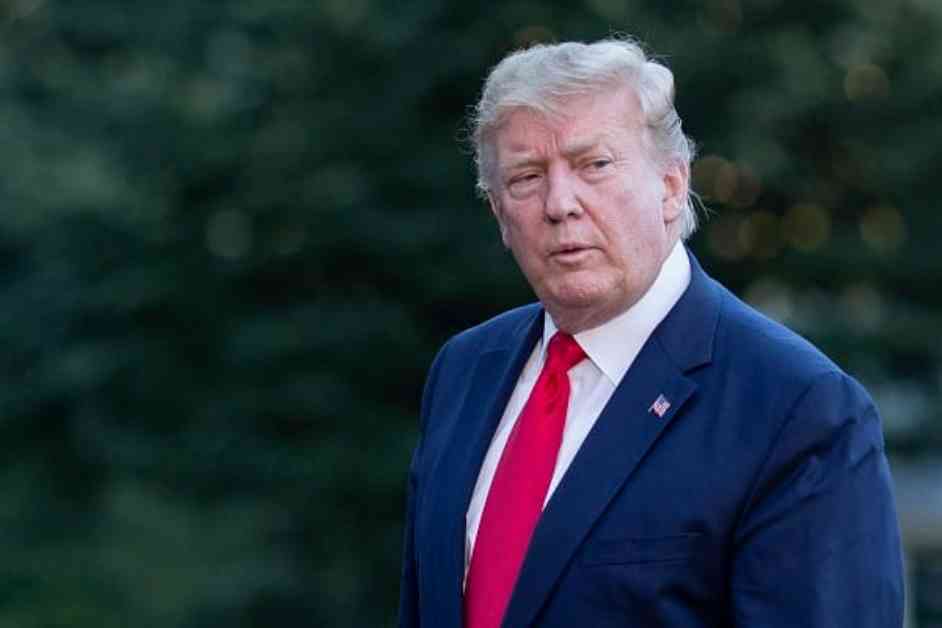Stocks in the Mexican market saw some movement after Wednesday’s trading session, with the S&P/BMV IPC index rising by 0.20%. Controladora Vuela Compañía de Aviación, the Mexican Stock Exchange, and Grupo Televisa were among the top gainers, showing increases of 5.97%, 5.51%, and 4.19% respectively. On the other hand, Grupo Financiero Banorte experienced a decline of 2.80%, along with Alfa and Alsea, indicating a mixed performance in the market.
Despite these fluctuations, the Mexican stock market is facing pressure from various external factors. The recent threat made by former President Donald Trump to impose a 300% tariff on Mexican car imports is causing concern. This proposal directly threatens Mexico’s automotive sector, which is vital to the country’s economy. Any disruptions in this sector could have significant economic consequences, given the close ties between the Mexican and U.S. economies, especially in manufacturing and auto parts.
The opposition from U.S. Treasury Secretary Janet Yellen to these tariffs underscores the potential risks involved. Trump’s plan to penalize companies like John Deere for relocating production to Mexico could harm bilateral trade and investment. These developments, combined with internal factors such as the IMF’s downward revision of Mexico’s economic growth forecast and expectations of interest rate cuts by the Bank of Mexico, paint a complex picture of the current economic landscape in Mexico.
While a more relaxed monetary policy could stimulate economic activity, it may also deter foreign investment, limiting growth prospects in the short term. This delicate balance between stimulating the economy and attracting foreign capital highlights the challenges faced by Mexico’s financial markets. Despite some positive movements in certain stocks, the overall market remains vulnerable to both internal and external risks, emphasizing the intricate nature of Mexico’s economic outlook in the current global context.












